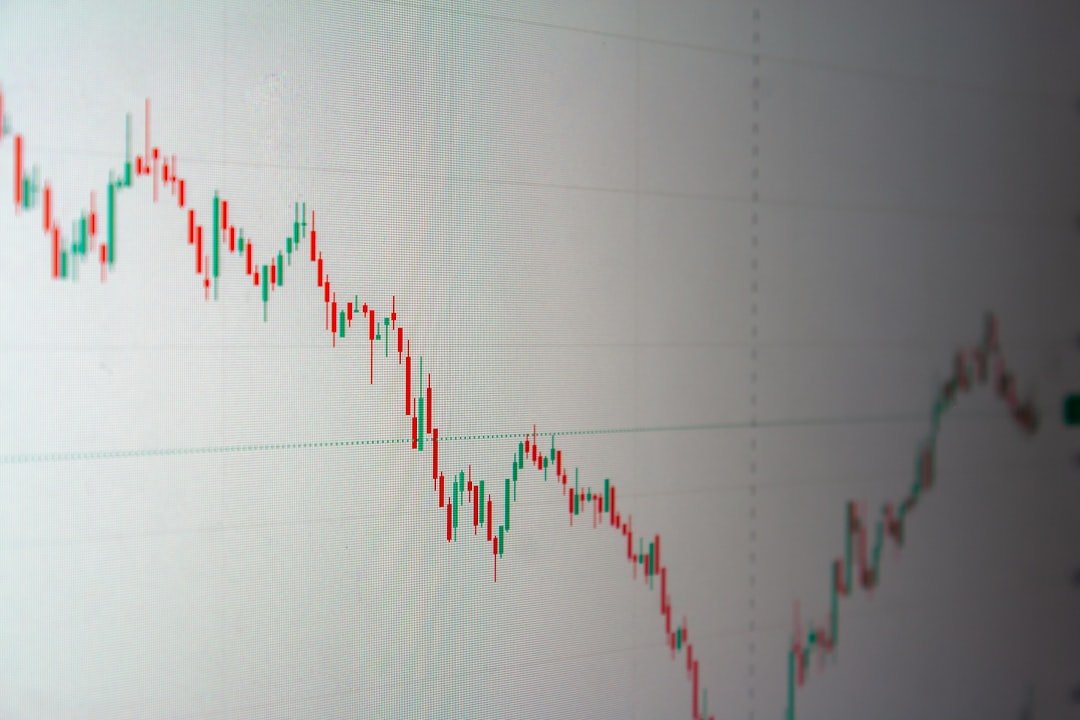How to Protect Your Investments During a Market Crash
Market crashes are inevitable. While no one can predict them with certainty, understanding how to protect your investments during these turbulent times can significantly reduce the impact on your financial well-being. This guide provides actionable strategies to help you navigate a market downturn and emerge stronger.
Assess Your Risk Tolerance and Investment Goals
Before the market even begins to dip, you need a solid understanding of your risk tolerance. Are you a conservative investor comfortable with slow, steady growth, or do you have a higher risk tolerance and are willing to accept greater volatility for potentially higher returns? Your investment strategy should align with your risk tolerance. Clearly defined financial goals—retirement, a down payment on a house, or your children’s education—will also guide your decision-making during a crisis. Knowing your priorities helps determine what investments you can afford to hold onto and which ones may need adjustments.
Diversify Your Portfolio
Diversification is arguably the most crucial strategy for mitigating risk. Don’t put all your eggs in one basket! Spread your investments across different asset classes (stocks, bonds, real estate, commodities) and sectors. A diversified portfolio helps reduce the impact of a downturn in any single asset class. If one sector performs poorly, others might offset those losses. Consider diversifying geographically as well, investing in international markets to reduce dependence on a single country’s economy.
Rebalance Your Portfolio
Regularly rebalancing your portfolio involves adjusting your asset allocation to maintain your target asset mix. When one asset class outperforms others, rebalancing involves selling some of the better-performing assets and reinvesting in underperforming ones. This strategy helps you buy low and sell high, protecting against significant losses in any single sector. Rebalancing should be done periodically, regardless of market conditions, but becomes particularly important during a crash, helping you lock in profits and buy undervalued assets.
Focus on Long-Term Growth
Market crashes are temporary setbacks. Panic selling during a downturn is often the worst thing an investor can do. While it’s tempting to react emotionally, remember your long-term goals. If your investments align with your long-term objectives and you have a diversified portfolio, you should ride out the storm. Focusing on the long-term allows you to avoid impulsive decisions that might result in substantial losses.
Consider Defensive Investments
During market downturns, some assets perform better than others. Defensive investments, such as government bonds and high-quality dividend-paying stocks, are often considered safer havens. These investments tend to be less volatile than growth stocks and can provide a degree of stability during market turbulence. While they might not offer explosive growth, their relative stability can protect your portfolio from significant losses.
Avoid Emotional Decision-Making
Fear and panic are common reactions during market crashes. However, making investment decisions based on emotion is a recipe for disaster. Stick to your investment plan and avoid making drastic changes based on short-term market fluctuations. Consult with a qualified financial advisor if you’re feeling overwhelmed. They can provide objective advice and help you stay on track.
Dollar-Cost Averaging
Dollar-cost averaging is an investment strategy that involves investing a fixed amount of money at regular intervals, regardless of market conditions. This strategy mitigates the risk of investing a lump sum just before a market decline. By consistently investing, you buy more shares when prices are low and fewer shares when prices are high, reducing your average cost per share over time.
Stay Informed, but Don’t Overreact
Stay informed about market trends by reading reputable financial news sources, but avoid getting bogged down in constant market updates. Too much information can lead to analysis paralysis and emotional decision-making. Focus on your long-term goals and stick to your investment strategy.
Seek Professional Advice
Consider consulting a certified financial planner or advisor. They can provide personalized guidance based on your individual circumstances, risk tolerance, and financial goals. A financial professional can help you develop a robust investment strategy and navigate the complexities of a market crash.
Conclusion
Protecting your investments during a market crash requires a well-defined strategy, discipline, and a long-term perspective. By diversifying your portfolio, regularly rebalancing, focusing on long-term growth, and avoiding emotional decision-making, you can significantly reduce the impact of market downturns and preserve your financial future. Remember, market crashes are inevitable, but with careful planning and a strategic approach, you can navigate them successfully.








